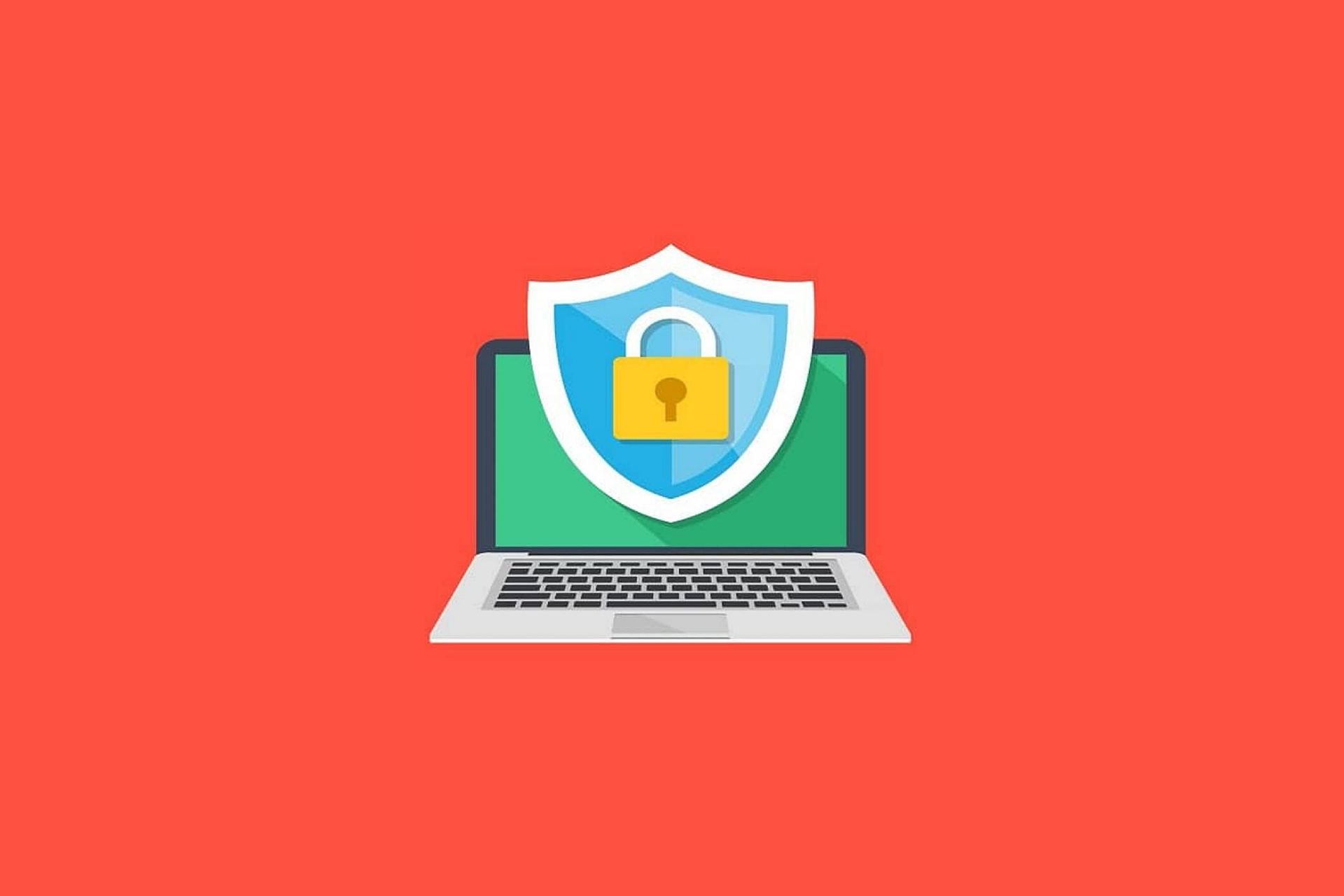It’s a new year, and while many hoped 2021 would bring an end to some of the “new normal” the COVID-19 pandemic brought with it, some things are here to stay. Whether you’re working or shopping online from home, maintaining your privacy and device security should be one of your top priorities. When even established governments with top security practices need to be concerned with data breaches, it’s time to take a close look at your own security protocols and how you can protect your online privacy.
Online Privacy is More Than Just Password Security
If you think online privacy comes down to using your own Wi-Fi network and sticking to trustworthy sites, it’s time to take a closer look at what information you’re sharing via the internet. Every app or website you log into will retain information about you — the question is: who are they sharing that information with?
In the past few weeks, privacy concerns for popular apps like WhatsApp have been making headlines. The fear of private data being shared between platforms has led many people to leave the platforms in question. As we rely more heavily on technology to do the day-to-day activities of life, though, it may not always be practical — or possible — to drop providers if you disagree with their permissions and sharing requirements. There are some things you can do to protect your privacy, regardless of which apps and websites you use.
Embrace Privacy Software
If you haven’t already looked into it, there are plenty of tools out there to help keep your data private. These are a few worth using to beef up protection.
Encrypted Messaging Apps
These messaging apps encrypt all information and data passing through them, meaning it’s more difficult for hackers to poach your information and read in on your communications. Do remember that some well-known encrypted messaging apps are owned by other larger tech companies. Do your research and make sure you’re comfortable with all of the companies involved, and read those permissions all the way to the end.
Virtual Private Networks
A Virtual Private Network (VPN) creates a secure connection between the internet and your device. Not only does a VPN work to prevent others from spying on your information and the data you’re exchanging, but it can also mask your location and shield your identity. Understanding how a VPN works and using one on your networks and devices can help keep your privacy intact and your data secure.
Say Goodbye to Cookies
Cookies are used to store your data for better tracking and analytics. While they can be great for companies to understand their audience, they aren’t so great for maintaining your privacy. Many websites do offer you the opportunity to allow or disallow cookies. Installing a plug in to do the job for you can make it that much easier to protect your privacy.
Invest in Some Gadgets
Don’t overlook the importance of adding some privacy protection accessories either. Webcam covers can be small and inexpensive — and a great way to ensure no one is peeking in on your or your information. A screen cover can also be used to obscure your screen to others and reduce the likelihood that your data is being exposed to others in shared spaces.
Conclusion
With more information than ever passing through your devices and the internet, it’s no secret that your online privacy needs to be protected. Continue using those safe online habits like complex passwords and multi-factor authentication. Combine that with some of these more sophisticated safety approaches to protecting your privacy and your information will be more secure than ever.



